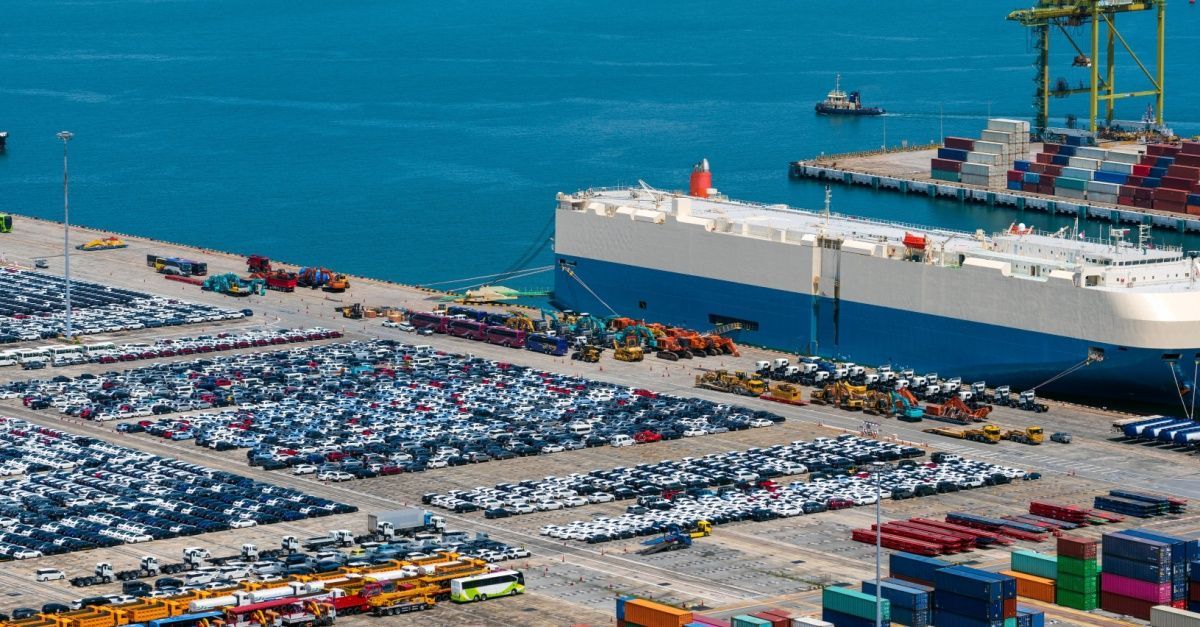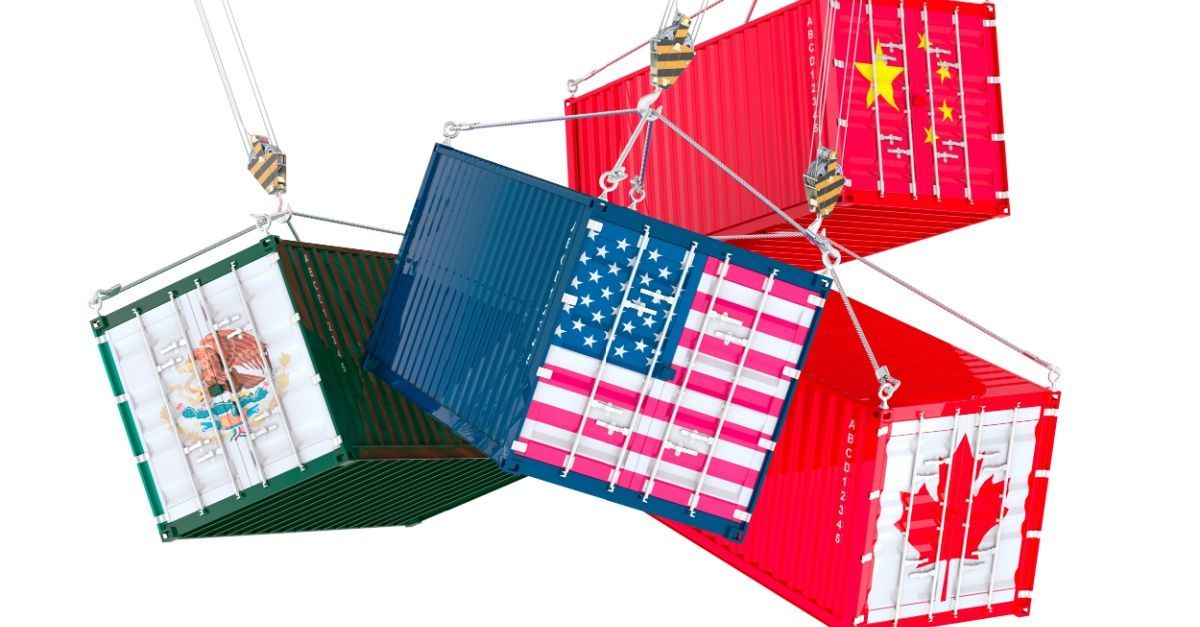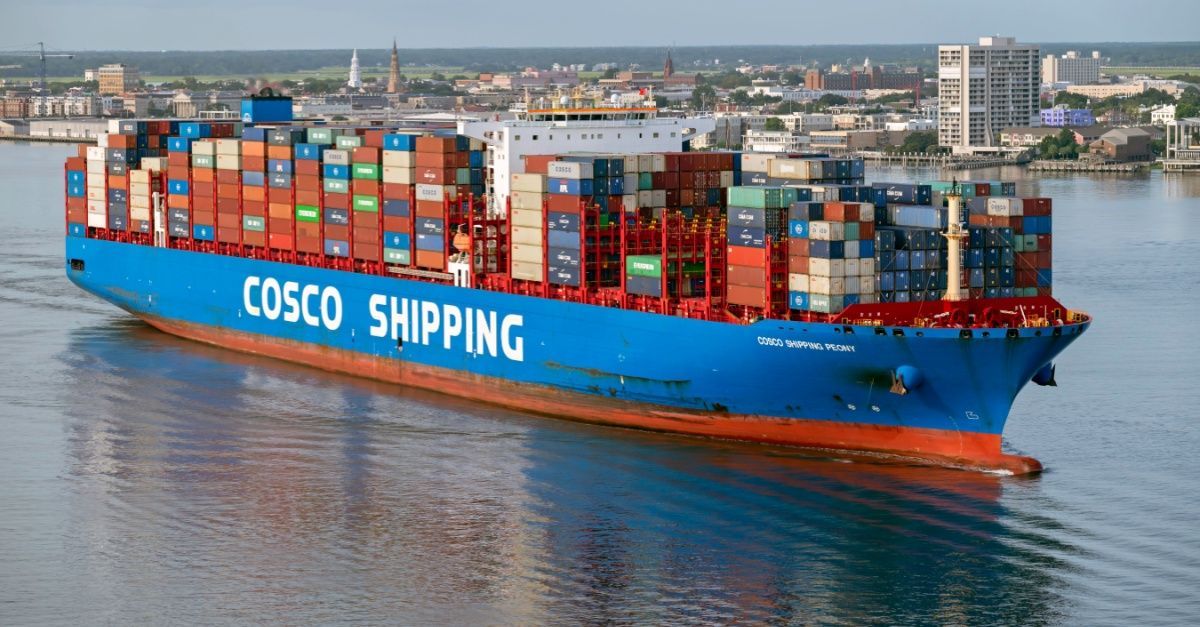Trucking Market Continues to Rebound, Even as Insurance Costs Rise
Blog Post CTA
While Cass Information Systems (CIS) has reported a shipment decline of 1.1% year-on-year in July, there are a couple of good things to note in this weak freight market. One, the decline in July is the lowest in the previous 17 months, and two, despite the decline, there was an increase of 3% from June’s report. These two data points have prompted confidence in a rebounding market.
That said, it is not sunshine and rainbows yet. Operational expenses continue to be a problem for trucking firms, with a significant chunk of that being insurance costs. The high costs of insurance have pushed truckers to search for alternatives, which we will explore further in this edition of our monthly curation of the news and trends shaping the industry.
July Freight Data Shows Smallest Shipment Decline in 17 Months
Cass Information Systems' July freight data reveals a persistent decline in shipments but also highlights a reduction in expenditures. Although shipment volumes remain low, the report notes a 3% increase from June, with only a 1.1% year-over-year decrease. This marks the smallest year-over-year decline in 17 months, even as overall expenditures decrease compared to previous months.
Beyond informing us about the shipment volume and expenditures, the
Cass report has also shown that pressure on for-hire trucks is easing as demand for shipping services rises and private fleets reduce capacity.
However, it wasn't all about shipments and expenditures. The truckload line haul index, which reflects the core line haul rates, saw a year-over-year decline, primarily due to overcapacity and competitive bidding.
As Insurance Costs Rise, Trucking Companies are Finding Alternatives
Insurance costs remain a major problem for trucking companies, which have seen a persistent increase due to inflation, labor costs, and larger court settlements. In response, these companies are investing in several strategies to offset the cost.
Here is what that looks like:
- Investing in Technology: Many trucking companies are implementing advanced driver assistance systems, telematics, and cameras to enhance safety and potentially reduce insurance costs. Tech solutions track mileage, driver behavior, and other factors, helping optimize insurance costs to carrier performance.
- Self-Insurance and Captives: Companies are coming together to explore self-insurance options because it allows them to gain more control over their insurance costs and risks.
- Focus on Safety and Compliance: Smaller carriers prioritize safety and compliance to make their operations more attractive to insurers.
- Adapting to New Risks: Trucking companies are adapting their insurance strategies to address the rising prevalence of alternative fuel vehicles and the increasing threat of nuclear verdicts by revising coverage needs and implementing specialized driver training.
As insurance costs continue to skyrocket, more trucking businesses and carriers will continue to adapt and find cheaper alternatives.
Freight Recession Continues to Impact the Top 100 Carriers
The prolonged freight recession has forced companies to survive on lower rates and tightly managed operational expenses while waiting for the market to rebound. Most trucks on the Top 100 For-Hire Carriers list reported lower revenue and profits in 2023 due to the reduced rates and increased shipper bargaining power.
The bankruptcy of Yellow Corp, a major LTL carrier ranked 13th last year, ultimately had ripple effects and reshaped the industry's competitive landscape. Despite the downturn, industry consolidation continued with several high-profile acquisitions, such as TFI International's purchase of Daseke and Ryder System's acquisition of Cardinal Logistics.
The updated list of the
top 100 carriers for hire included new entries like Manitoulin Group and FirstFleet. The rankings are based on 2023 revenue, primarily from company surveys and financial reports, but companies now need to operate at least 500 commercial vehicles to qualify for the list.
What Would The De Minimis Demise Mean For Shippers?
The de minimis exemption is a U.S. trade law that allows duty and tax-free import of goods valued under $800. However, Chinese e-commerce companies like Temu and Shein have increasingly taken advantage of the ruling, enabling them to offer low-cost products to their customers in the US.
Despite this benefiting consumers in the US, the move has sparked concerns in the government about China's influence on the market, and de minimis could also make room for contrabands to enter the country unabated. The de minimis rule has evolved alongside e-commerce, shifting from a personal-use exemption to a critical business tool. It allows businesses to respond to consumer trends faster and effectively manage lean inventory.
However, increased government concerns could result in
stricter customs screening or a lowered threshold, impacting these benefits. Although the government has not taken action yet,
experts predict that some changes will be likely, but demand for international goods is also expected to remain strong.
Food and Snack Company Plans $1.2B Supply Chain Upgrade
Mondelēz International invests $1.2 billion in a multi-year project to transform its ERP system and supply chain. The major food and snack company aims to increase the efficiency and throughput of its operations through this move. The project is planned to be completed by 2028 but will involve collaboration with SAP, Accenture, and o9.
This move is similar to that of other food companies like Hershey, which also invests in ERP modernization to
streamline operations
and reduce costs in response to changing consumer spending habits.
Entourage Freight Solutions: Food-Grade Expertise for All Your Shipping Needs
Our roots run deep in food service logistics, and our expertise and track record speak for themselves. At Entourage Freight Solutions, we've built our reputation on handling perishable and sensitive shipments with the utmost care and precision. This dedication to service and attention to detail extends to every shipment we touch -- perishable or not.
We believe in total transparency. That is why we invest in tech solutions that track every shipment extensively, monitor every driver, and squeeze out every bit of efficiency without sacrificing quality. Our state-of-the-art platform uses cloud-based GPS tracking to keep you informed, reroutes shipments on the fly to avoid delays, and even reacts to real-time market changes to ensure you're getting your shipment on time and in full.
Our Services
- Full Truck Load (FTL): When you need a truck all to yourself.
- Less Than Truckload (LTL): Efficient solutions for multi-stop shipments or combining smaller loads to save on costs.
- Refrigerated Trucking: Keeping your temperature-sensitive products fresh and safe.
- Cross Docking: Strategically located facilities in Shelby, Cedar Rapids, and Romulus for streamlined consolidation, storage, and distribution.
Ready to experience a new level of service and control in your freight shipping? Request a quote today to see how Entourage Freight Solutions can help with your freight movement and other supply chain needs.









